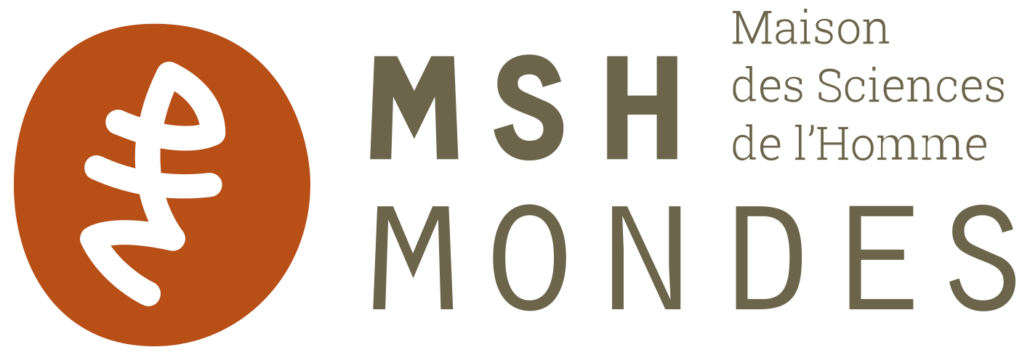| Current library | Collection | Call number | Status | Date due | Barcode |
|---|---|---|---|---|---|
| Lyon : MOM - Bibliothèque de la Maison de l'Orient et de la Méditerranée Libre accès | Papier | TXT PA4240.L6 R6 2019 (Browse shelf(Opens below)) | Available | 162784 |
Includes bibliographical references (pages 227-266) and index
Translated from the ancient Greek.
Bibliogr. p. 227-266). Index p. (267)-274
This volume provides readers with a new translation and up to date historical and rhetorical commentary on the only extant speech of the Athenian leader Lycurgus (390s/380s-324 BCE), one of Athens' most influential statesman and orators. His prosecutorial speech, Against Leocrates, delivered in 330 BCE, indicted his compatriot for treason, claiming that he fled Athens after the battle of Chaeronea when the city was under threat of attack by Philip II of Macedonia, though this attack never materialized. Although Leocrates was acquitted after the evenly split jury ultimately came down in favour of the defence, the speech is much more than a condemnation of an alleged misconduct: it provides valuable information on the historical and political events around Chaeronea and offers Lycurgus' vision of what Athens could and should do in those circumstances, in light of models which he fashioned from Athenian and other Greek mythical and historical pasts. Not only his legal and rhetorical strategies and the merits of the case are examined here, but also what the speech tells us about his and his contemporaries' perceptions of patriotism, their religious beliefs, views of desirable citizenship, and the tensions between the individual and the state. A detailed introduction complements the new English translation of the speech with an authoritative account of its history and manuscript tradition, as well as an overview of the trial's procedure, Lycurgus' motives for initiating it, and Leocrates' defence. It also provides a survey of Athenian democracy and judicial system in the late fourth century BCE








There are no comments on this title.